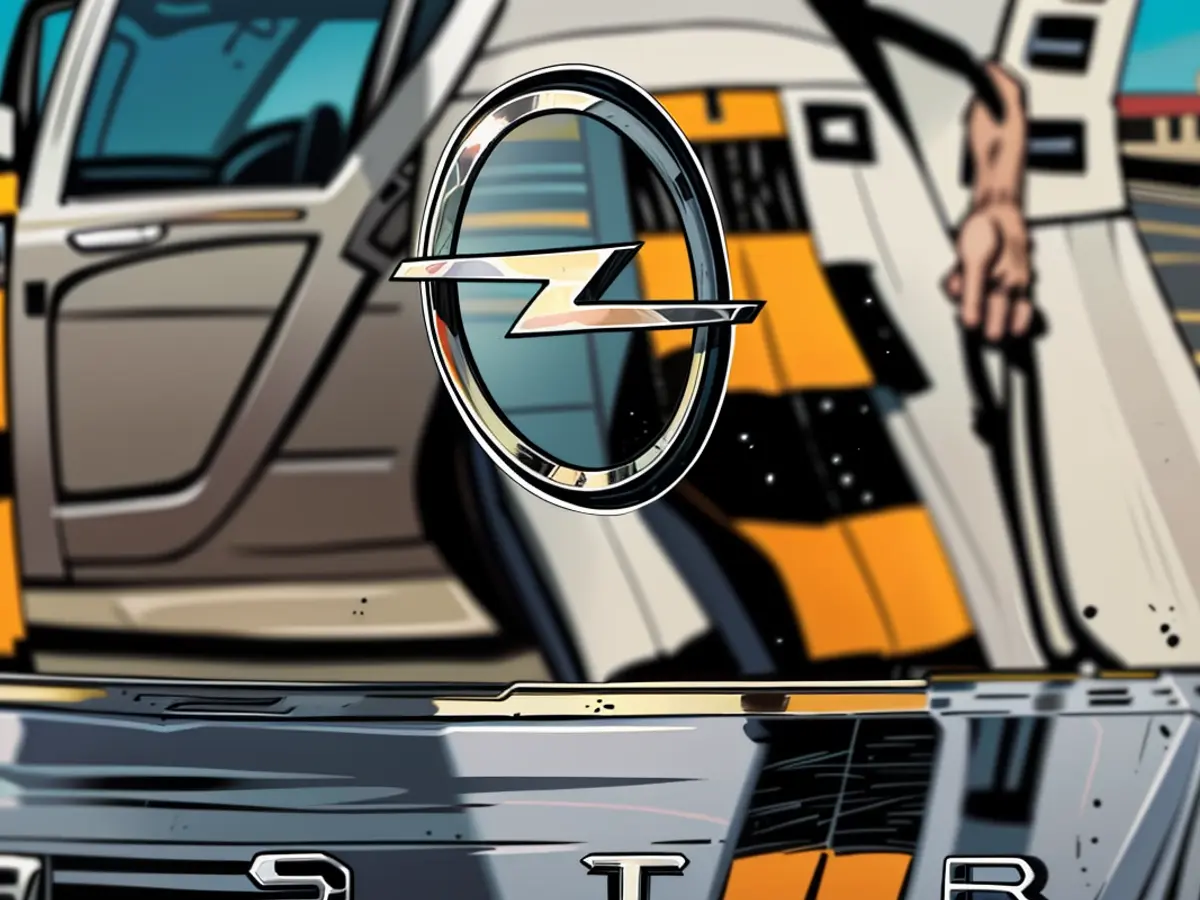Opel commemorates milestone - Scholz voices concern over isolating European markets.
The German Chancellor Olaf Scholz warned against secluding European markets from foreign competitors. "We're not shutting down our markets to foreign businesses," said the SPD politician during the celebrations for "125 Years of Automobile Manufacturing at Opel" in the company's factory in Rüsselsheim, "because we don't want that for our companies either."
Scholz insisted that protectionism and unlawful tariff barriers would eventually lead to higher prices and poverty for everyone. He affirmed, "There's no question: Our automotive industry will remain at the front in this century if we focus on progress and modernization." This, however, requires "a fair and open global trade."
The US imposed 100% special tariffs on Chinese electric car imports and other products in mid-May, accusing Beijing of distorting the market through substantial state subsidies. The EU is also examining Chinese influence in the electric car market. It has yet to be decided whether Europeans will impose punitive tariffs.
Opel is intensifying its push for electric mobility
Opel plans to commit more firmly to electric vehicles, as announced by Opel CEO Florian Hüttl at the jubilee event: "Starting in 2025, every new Opel model will be purely battery-electric." In late April, Hüttl stated at the launch of a new E-model in Eisenach that the manufacturer aims to offer only electric cars in Europe from 2028: "We're sticking steadfastly to our plan, even in terms of speed. We can only influence this to a certain extent from the political side." The expiration of the electric car subsidy from the German government in December had introduced uncertainty into the market for electric vehicles.
Scholz urged the gathered Opel employees, "You will compete fairly in a competitive environment, even against new competitors from China." The chancellor expressed support for a climate-friendly transformation of the economy a day before the European election: "We're committed to the growth of electromobility. Anyone who wants to reverse this today is putting not only what's been achieved so far at risk but also our prosperity and our future as an industrial nation."
Opel's roots in the automotive industry harken back to 1899: 125 years ago, the sewing machine and bicycle manufacturer became the first to manufacture its "Patentmotorwagen System Lutzmann" car. Prior to that, Opel had acquired the Anhaltian Motor Car Factory of automotive pioneer Friedrich Lutzmann in Dessau and moved it to Rüsselsheim near Frankfurt/Main.
After nearly 90 years as part of the US corporation General Motors, Opel was taken over by the French automaker PSA (Peugeot) in the summer of 2017. PSA later merged with Fiat-Chrysler to form Stellantis. As the only German brand in the European-American conglomerate, Opel is again making a profit after the reduction of thousands of jobs and consolidation of facilities. Opel has factories in Rüsselsheim, Eisenach, and Kaiserslautern.
Read also:
- Despite Scholz's warnings against secluding European markets, Opel is intensifying its push for electromobility, with every new model to be purely battery-electric from 2025.
- The US imposed 100% special tariffs on Chinese electric car imports in May, accusing Beijing of distorting the market with substantial state subsidies, an issue the EU is also examining.
- Scholz voiced his concern over isolating European markets during the celebrations for "125 Years of Automobile Manufacturing at Opel" in Rüsselsheim, Germany.
- Opel's roots in the automotive industry can be traced back to 1899, when it became the first to manufacture its "Patentmotorwagen System Lutzmann" car in Rüsselsheim.
- After being taken over by the French automaker PSA (Peugeot) in 2017, Opel is now a profit-making entity within the European-American conglomerate Stellantis, following thousands of job reductions and facility consolidations.
- Scholz urged Opel employees to compete fairly in a competitive environment, even against new competitors from China, as he expressed support for a climate-friendly transformation of the economy.
- Opel plans to commit more firmly to electric vehicles, aiming to offer only electric models in Europe by 2028, despite the uncertainty introduced by the expiration of the electric car subsidy from the German government in December.
- Germany and China are significant players in the world's automotive and electromobility sectors, contributing to global discussions on fair and open world trade, especially concerning electric car markets.








